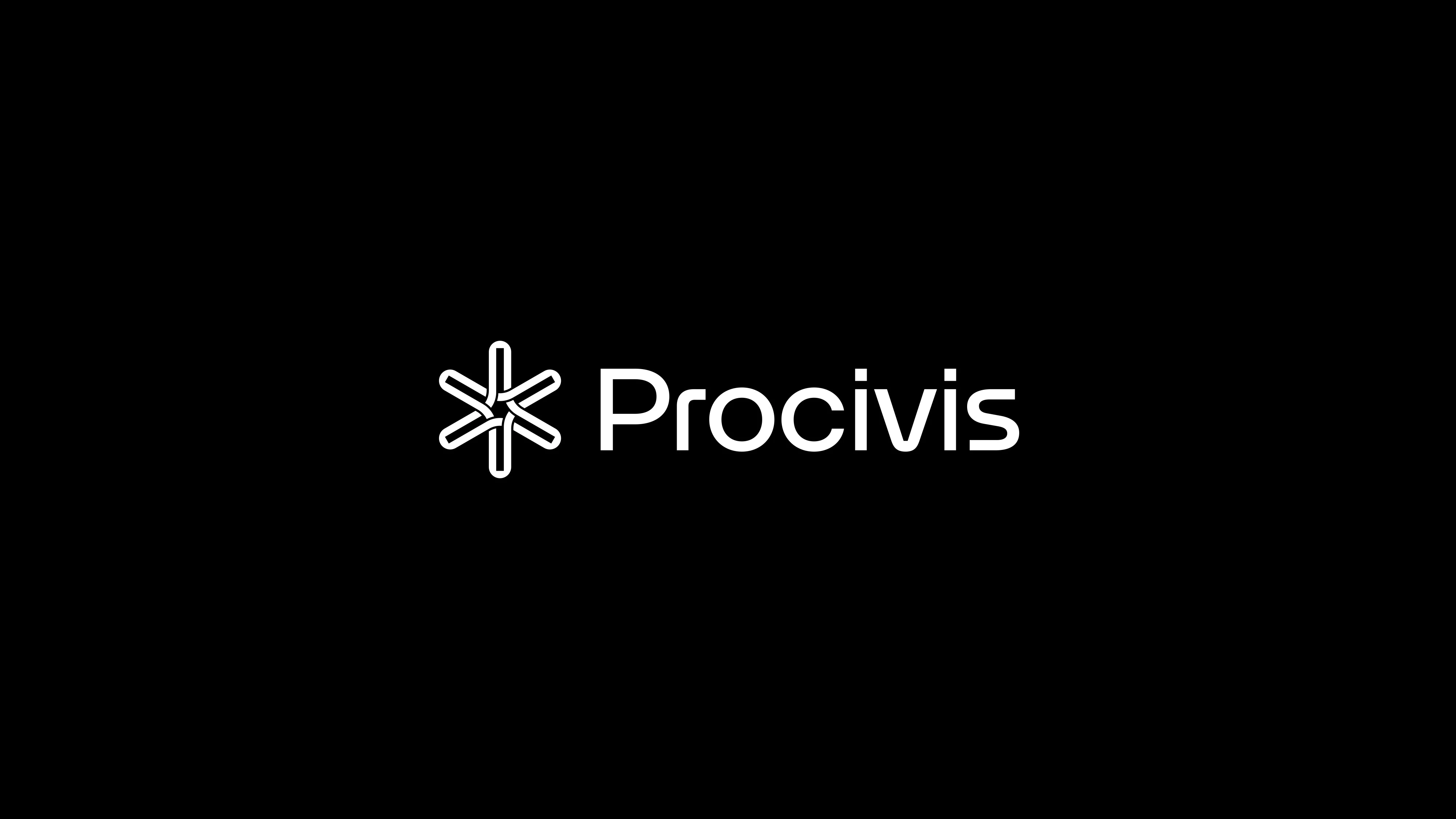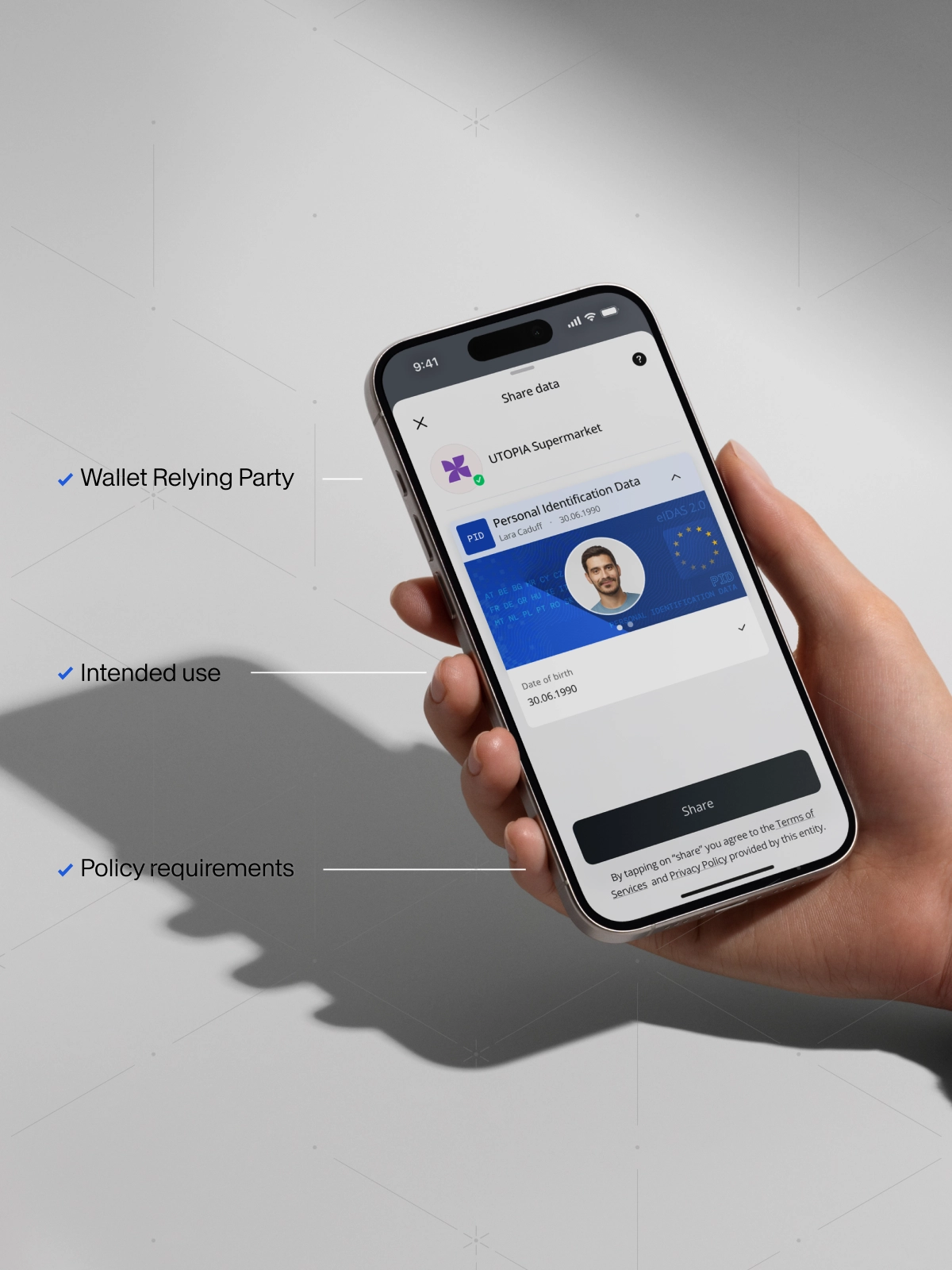Within the Procivis Think Tank we focus on the way in which technology is changing the machinery of the state and, in particular, how this impacts the relationship between citizens and government. We put a special emphasis on technology applications which strengthen democratic participation and citizen power. Taxation and spending arguably belong to the most salient topics of the citizen-government relationship. The re-distribution of decision-making power in these issue areas is, therefore, considered particularly significant. Consequently, the practice of participatory budgeting – or letting citizens shape spending policies – is an important one to consider in the context of our research. After focusing on the experiences with participatory budgeting in New York City and Madrid at our last Think Tank meeting, we turned our attention this time to field research by the World Bank as well as the related topic of the crowdsourcing of legislation.
Dr. Tiago Peixoto, Senior Public Sector Specialist at the World Bank’s Governance Global Practice, provided valuable insights into the field work of his unit in countries of the Global South. Dr. Peixoto presented empirical evidence showing two key benefits of participatory budgeting: It reduced mortality rates (citizens allocate more public money to health and sanitation projects) and it resulted in increased tax revenues.
Dr. Peixoto emphasized that participatory budgeting, like any participatory process, suffers from representation bias. Women and low-income groups are systematically under-represented. This problem is exacerbated by the fact that digital literacy rates (and literacy rates in general) are lower among these groups. A household study in Uganda showed that close to half of the respondents were unable to initiate an SMS from their mobile phones. They could receive the message and reply, but did not know how to start their own. This is hard to imagine for any reader of this report, but it is a reminder that there is also a tech disconnect between the producers of smart devices and large segments of the population.

In order to maximize inclusion, therefore, a multi-channel strategy for participative processes makes sense, meaning a combination of on and off-line participation, as well as offering alternatives to written participation, such as voice assistance. Asked about his experience with civic tech solutions and their most significant properties, Dr. Peixoto explained that solutions should preferably be open source, have an affordable pricing structure, be easy to maintain and adaptive to different languages, especially languages which do not use the Latin alphabet. He further added that many civic tech solutions are met with skepticism owing to security concerns. While this may not be unfounded, often times they lead to distorted conclusions because the solution is measured against an ideal state of security instead of the status quo security of the offline process, which is often significantly worse.
In the second part of the meeting, Prof. Sofia Ranchordás, Chair of European and Comparative Public Law at the University of Groningen, presented her research on a related yet different form of citizen participation: crowdsourcing of legislation. She presented four case studies where this form of participation had been applied, with mixed success. The Finish example of off-road vehicle regulation and the Brazilian case of crowdsourcing the nation’s Internet Bill of Rights are considered some of the most successful applications of the technique. While these examples give reason for confidence, there is also evidence that participative processes can lead to dead ends if there is no obligation on the part of the legislator to follow up on citizens’ input. Furthermore, Prof. Ranchordás pointed out some vulnerabilities of the process, including being capture by special interest groups if the platforms do not feature robust identification and governance protocols.
Expanding on platforms beyond the process of law making, Prof. Ranchordás focused on the increasing roll of social media in intermediating democratic participation and discourse. Among other issues, she pointed to the fact that most of these larger, well-known companies are regulated under US law and follow similar cultural norms, which are not always applicable to the same degree in other parts of the world. Consequently, the increasing reliance on these platforms for both information and discourse can be seen as very problematic. Nevertheless, the emergence of these rapid ways of disseminating information has also led to a new form of constant scrutiny and accountability of public officials by the citizenry with movements such as #MeToo or #BlackLivesMatter, building momentum in the offline world as well. In spite of these impactful developments, Prof. Ranchordás warned that social media should not be seen as a democratic vehicle for participation, but as a mediator of power between citizenry and the state.
In conclusion, the two experts shed light on the potential and drawbacks to be considered when implementing new participatory processes in different political settings around the world. The crucial points which emerged included issues of inclusivity and accountability within the process, as well as the importance of a robust technological architecture informed by good governance. Smart tech alone is not enough.



.png)


